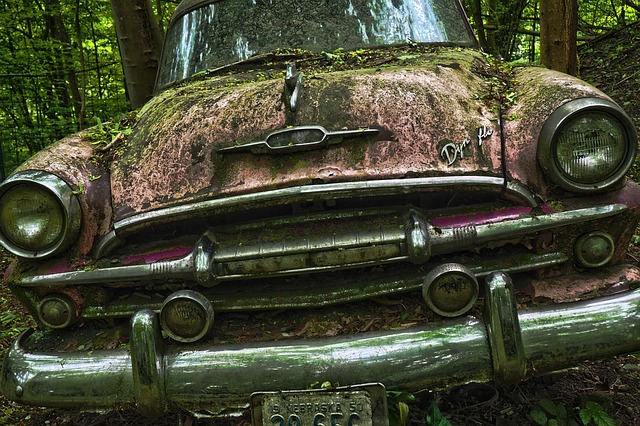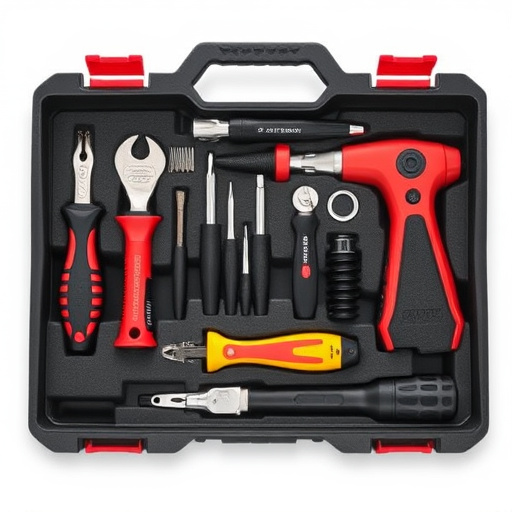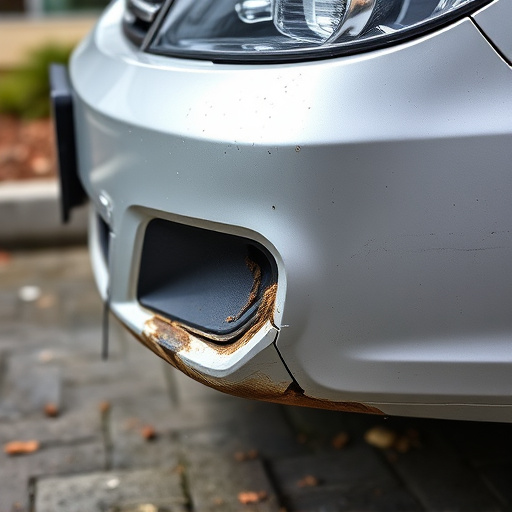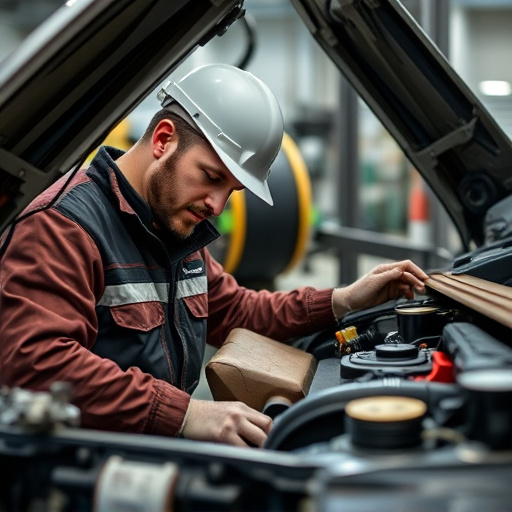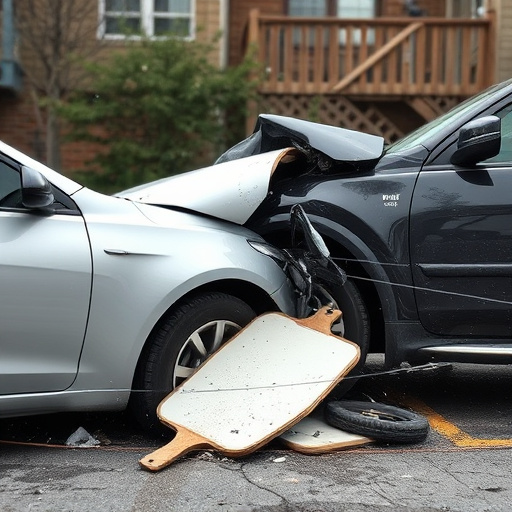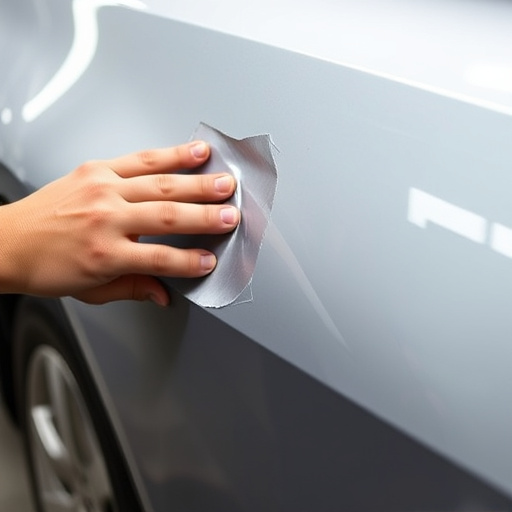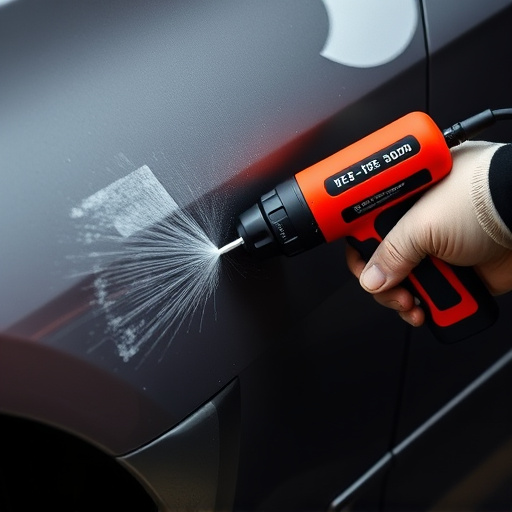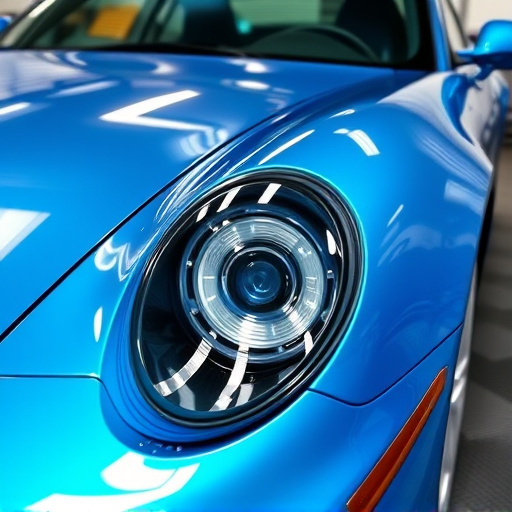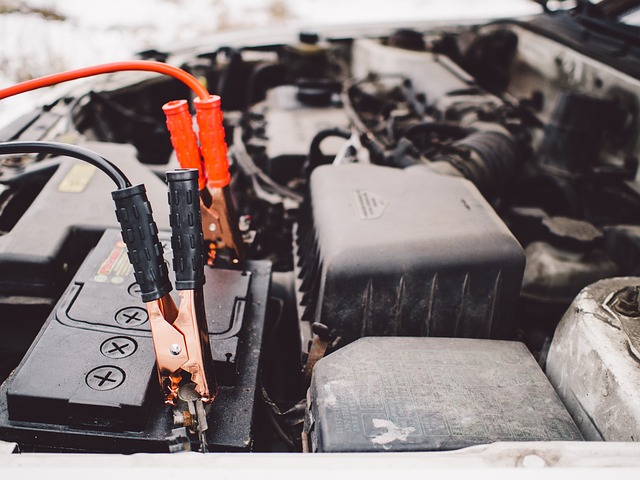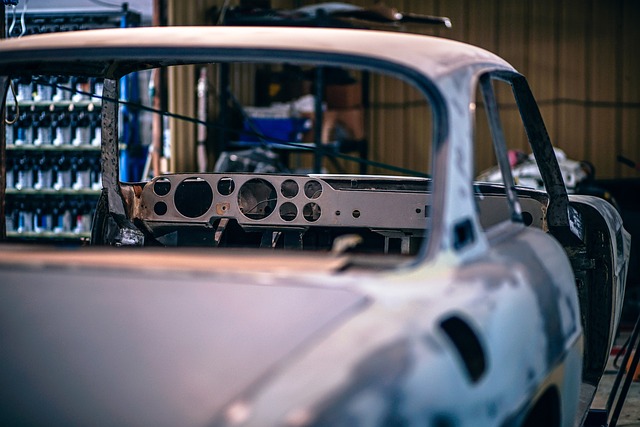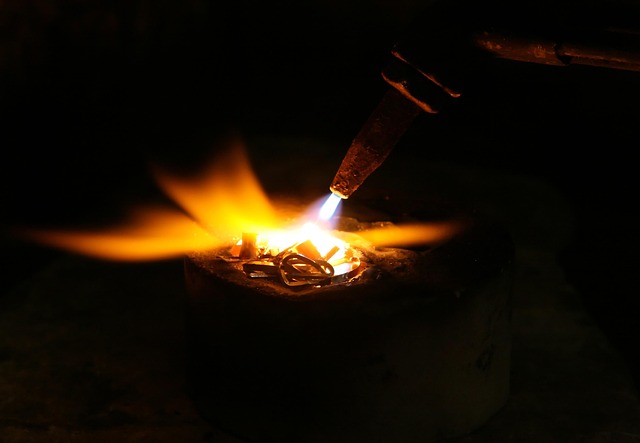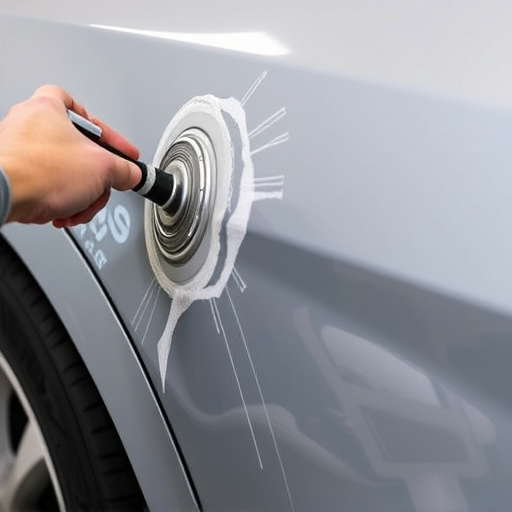When facing car damage, drivers must weigh repair vs replace decisions, balancing costs with vehicle longevity. Repairs for minor issues are often more economical and extend life, while severe damages may require replacement. Regular maintenance guides these choices, aligning with budgets and driving needs to maximize savings, preserve structural integrity, and potentially enhance resale value.
Making the call between repairing or replacing a car part is a crucial choice for drivers, impacting their wallets and vehicles’ longevity. This decision process involves a delicate balance between cost efficiency and long-term reliability. With rising automotive maintenance expenses, understanding the value of repairs versus replacements is essential for savvy drivers. This article explores strategies to navigate these choices, offering insights into how minor decisions can lead to significant savings and better vehicle performance over time.
- Weighing Repair vs Replace Options for Cars
- Cost-Benefit Analysis: Fix or Swap Out Parts
- Long-Term Savings: The Impact of Maintenance Choices
Weighing Repair vs Replace Options for Cars

When faced with a car issue, drivers often find themselves at a crossroads—to repair or replace? This decision is crucial as it can significantly impact their financial situation and vehicle longevity. Weighing repair vs. replace options involves assessing several factors, from cost estimates to potential long-term savings. For minor issues like hail damage repair or car scratch repair, opting for auto maintenance through repairs might be more economical. These relatively quick fixes can extend the life of a vehicle, delaying the need for a complete replacement.
On the other hand, severe problems may signal that replacement is inevitable. For instance, if a critical component is beyond repair, investing in a new car could prove more affordable in the long run. Regular auto maintenance and timely repairs are key to making informed decisions. By understanding the costs, benefits, and potential lifespan of both options, drivers can make repair vs. replace decisions that best suit their budgets and driving needs.
Cost-Benefit Analysis: Fix or Swap Out Parts
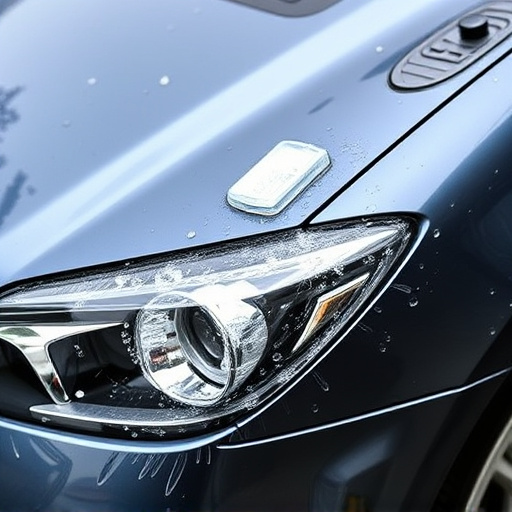
When faced with a damaged vehicle, drivers often grapple with the question: should I repair or replace? This decision isn’t merely about aesthetics; it involves a meticulous cost-benefit analysis that can significantly impact both the vehicle’s longevity and one’s financial health.
A key aspect of this evaluation is understanding the relative costs of repair versus replacement. Many auto parts, especially those in good condition, can be repaired at a fraction of their original cost or even within the warranty period. For instance, a skilled automotive body shop might offer competitive pricing for fender repairs compared to the cost of a complete fender replacement. Collision repair services often include these sorts of nuanced assessments, ensuring drivers make informed choices that cater to both their pocketbooks and their vehicles’ needs.
Long-Term Savings: The Impact of Maintenance Choices
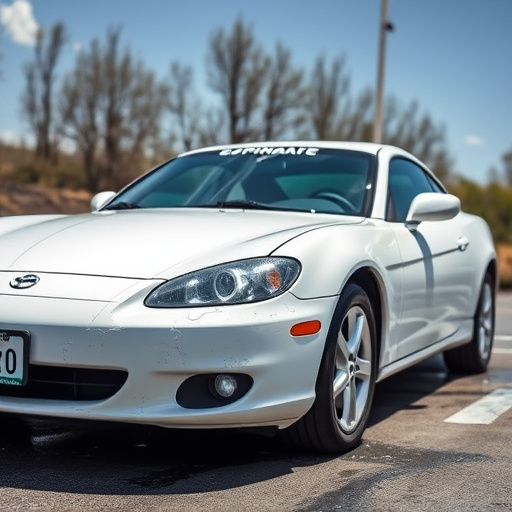
Making informed decisions between repairing or replacing a vehicle is a crucial aspect of car ownership that can significantly impact long-term savings for drivers. While replacement may seem like the easier path, especially with modern technology advancements, repairs offer a more cost-effective option in many cases. Regular maintenance and timely repairs can extend the lifespan of a vehicle, delaying the need for major overhauls or complete replacements.
Consider an auto repair near you that specializes in bodywork; they might be able to fix minor dents, scratches, or even extensively damaged panels through autobody repairs, saving you thousands compared to buying a new car. Automotive body work is not just about aesthetics; it ensures structural integrity and optimal vehicle performance. By prioritizing these maintenance choices, drivers can enjoy reduced automotive expenses over time and potentially sell their vehicles at better prices in the future.
Making informed repair vs replace decisions is an essential skill for every driver. By understanding the cost-benefit analysis and long-term savings potential, you can keep your vehicle in top condition while managing your budget effectively. Regularly evaluating your maintenance choices allows you to avoid unnecessary expenses and extend the life of your car. Armed with this knowledge, drivers can confidently navigate the journey ahead, both literally and metaphorically, knowing their vehicles are reliable partners.
